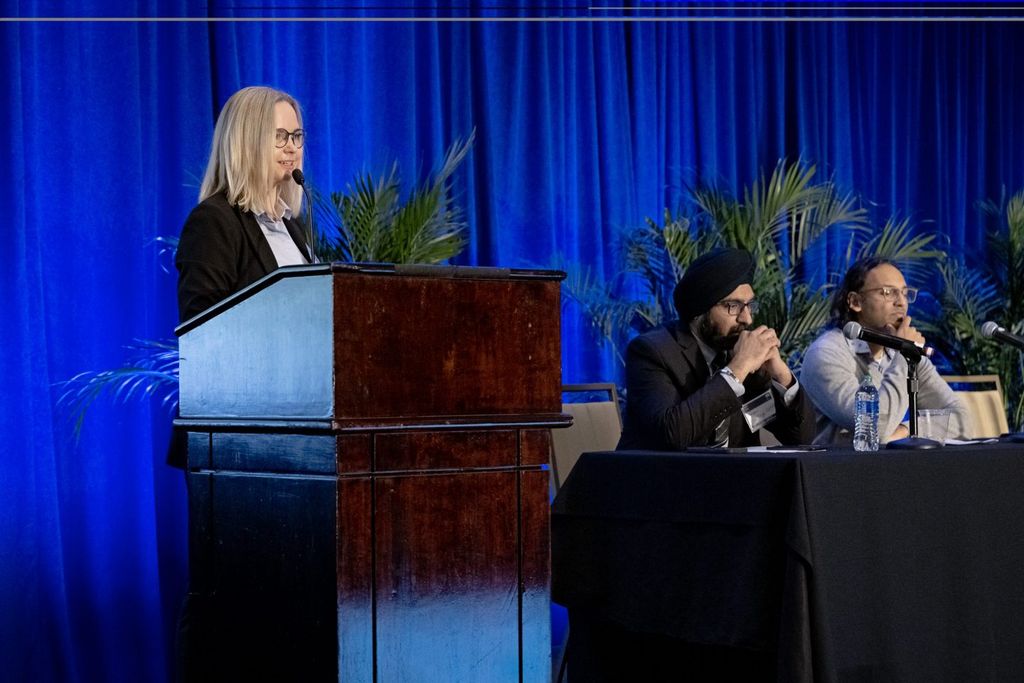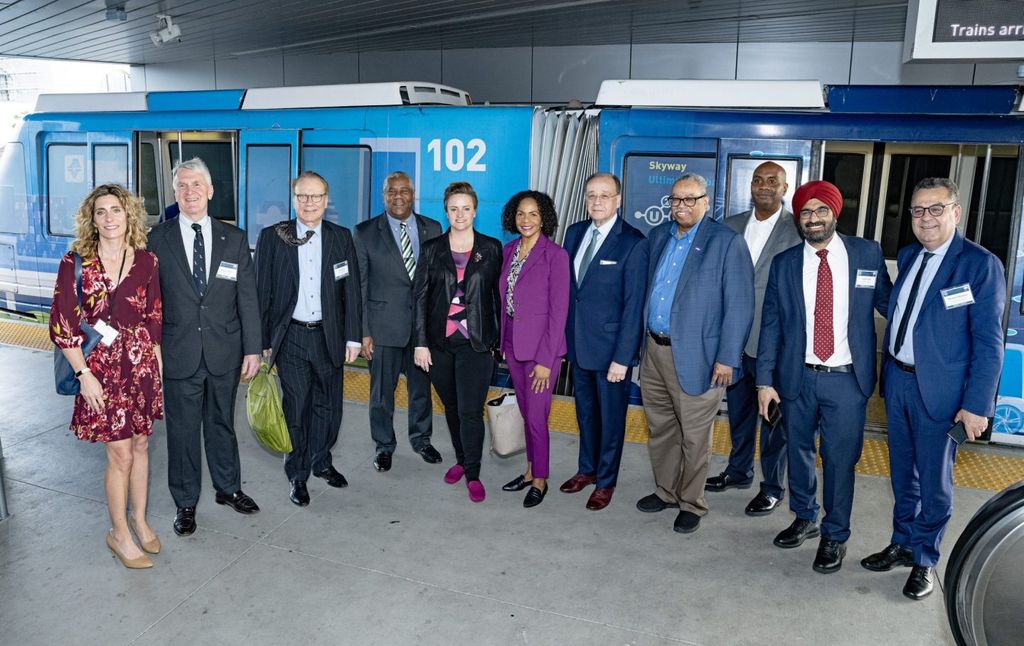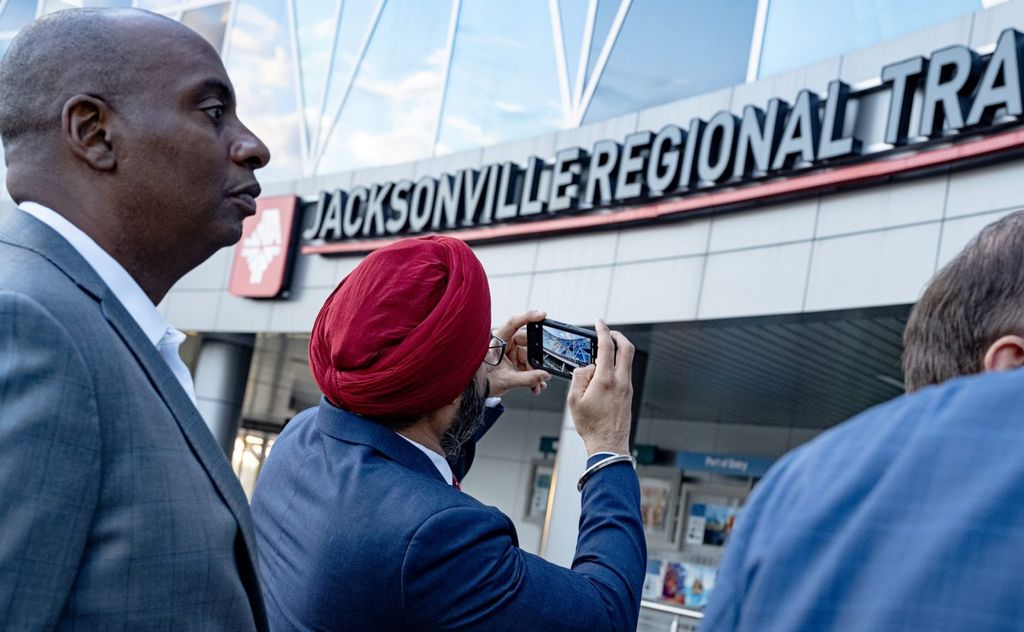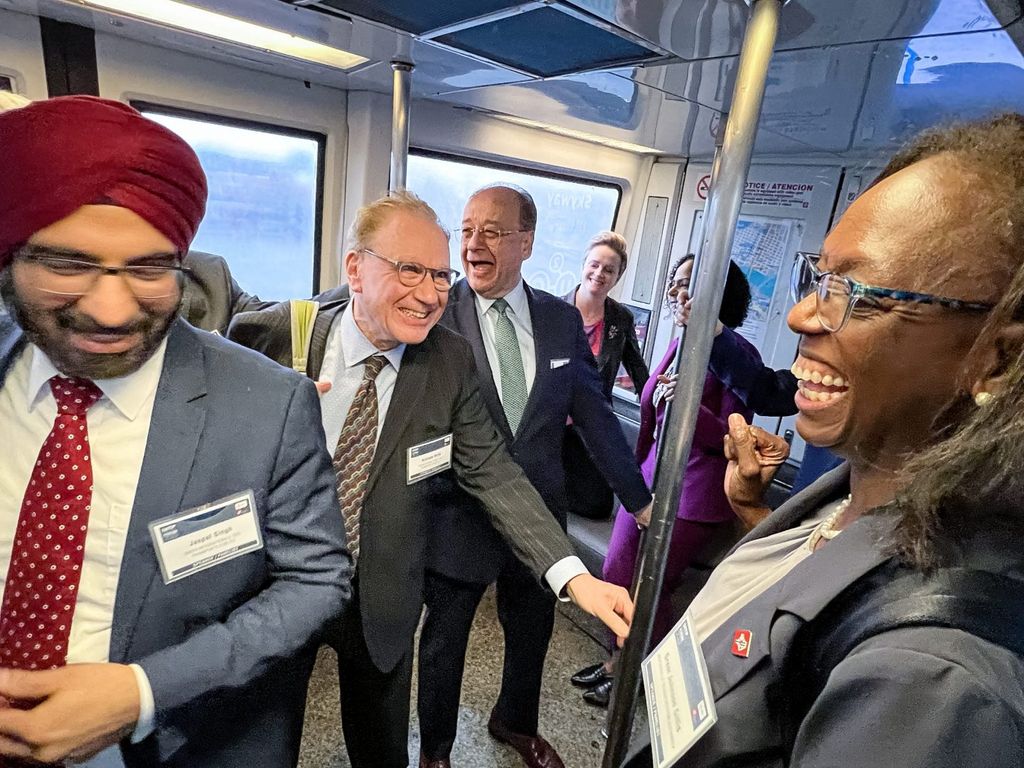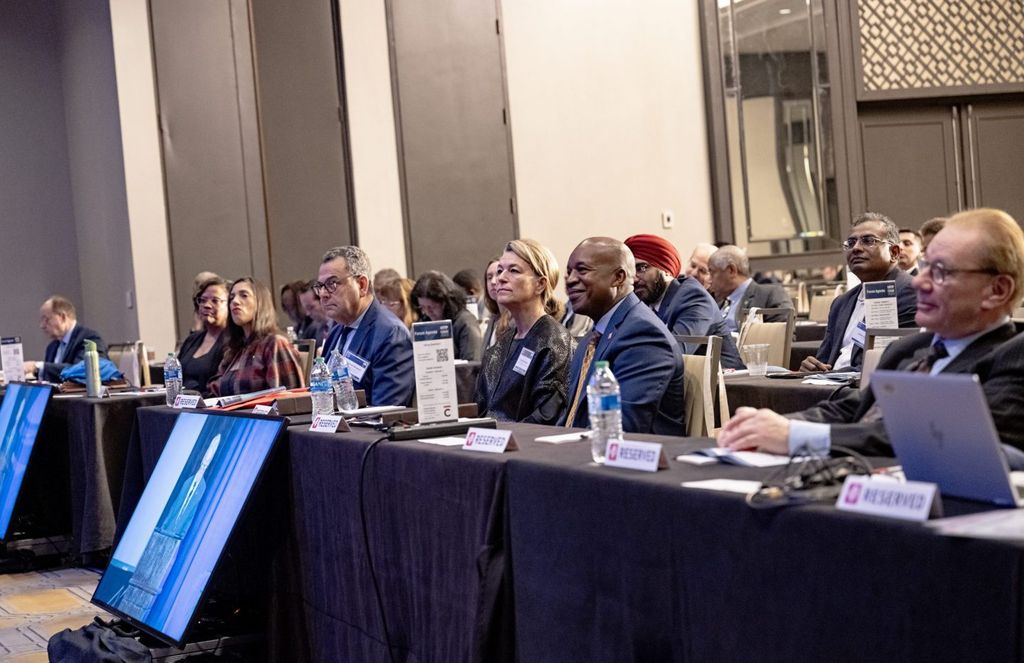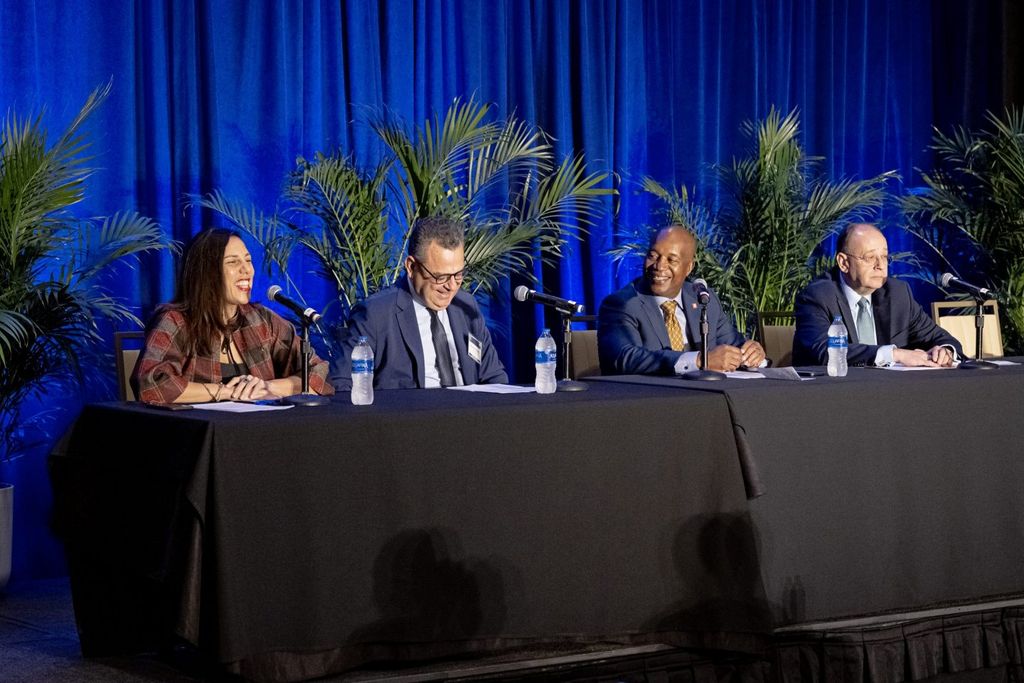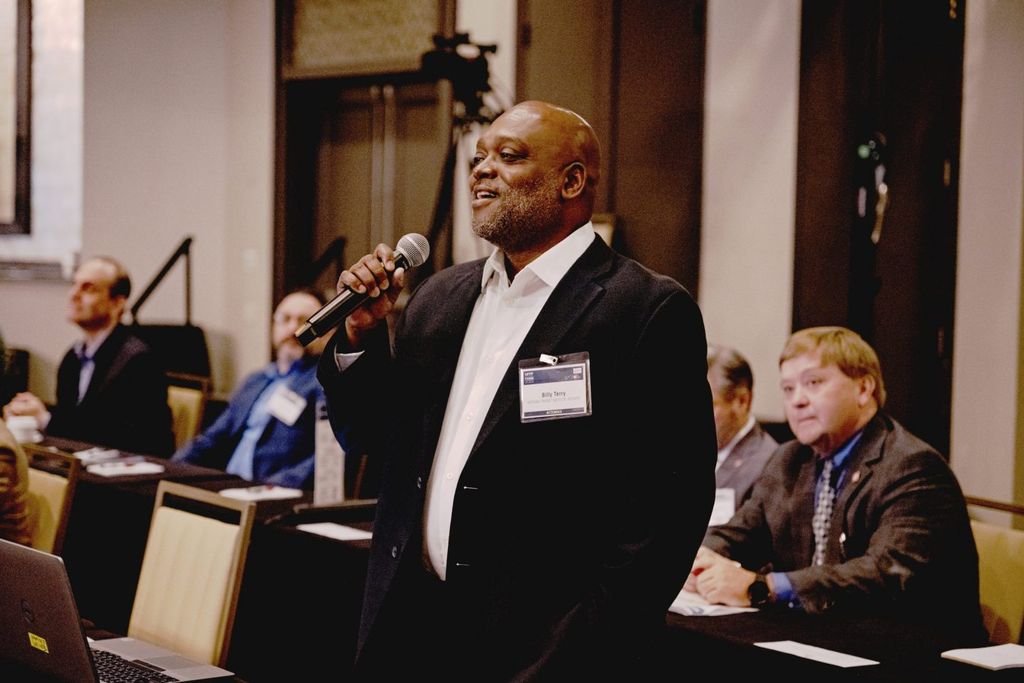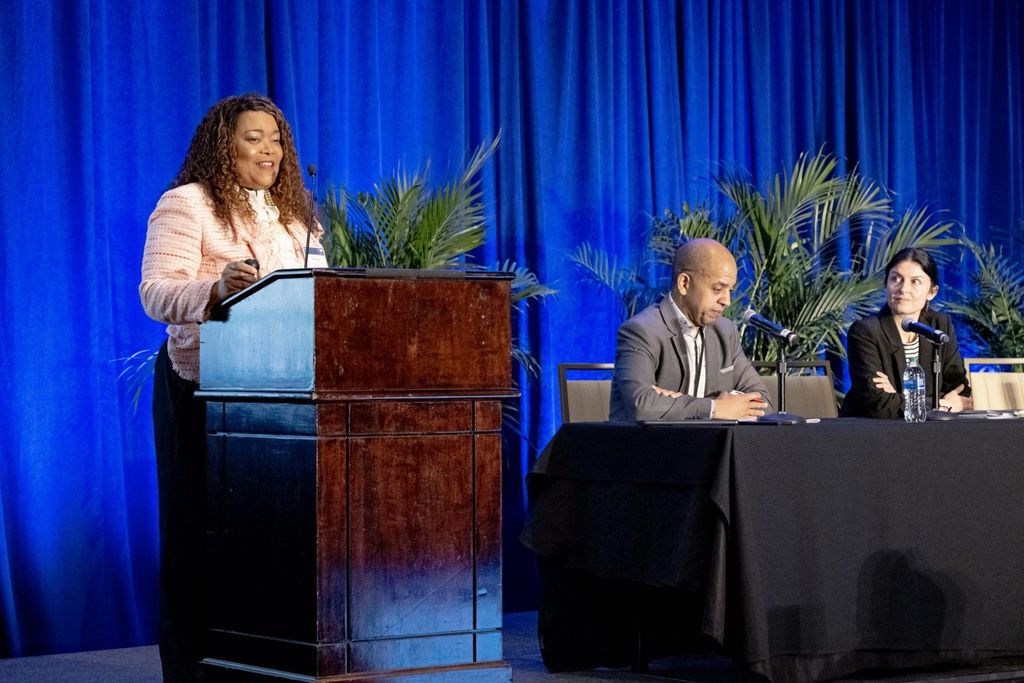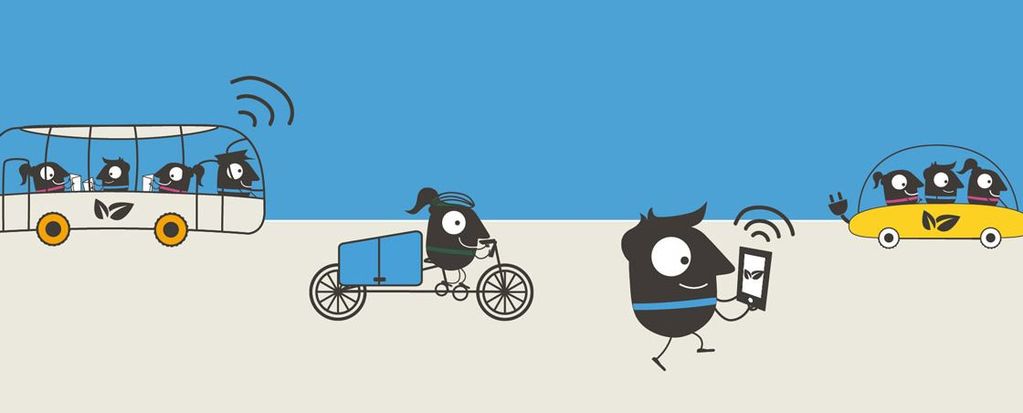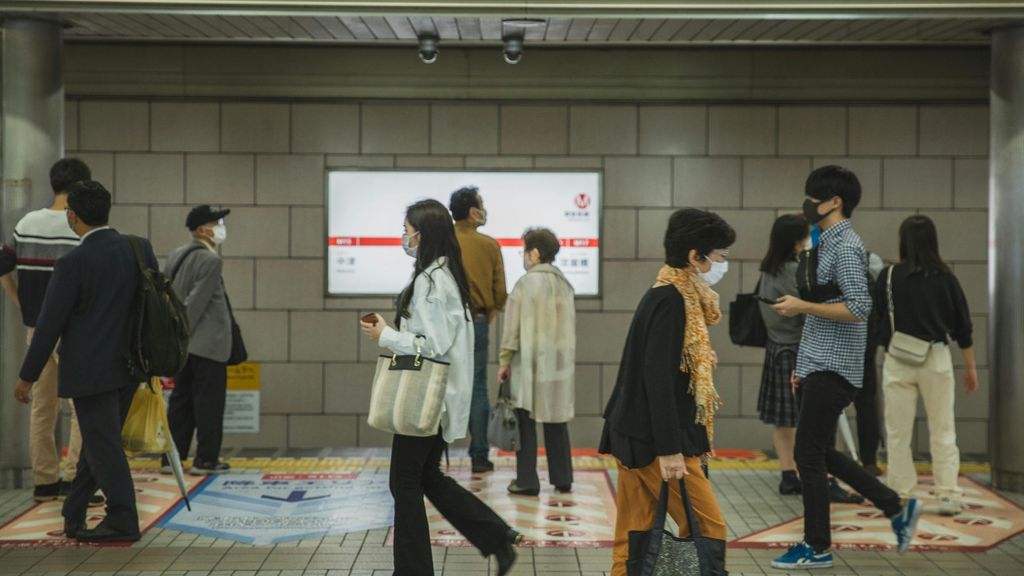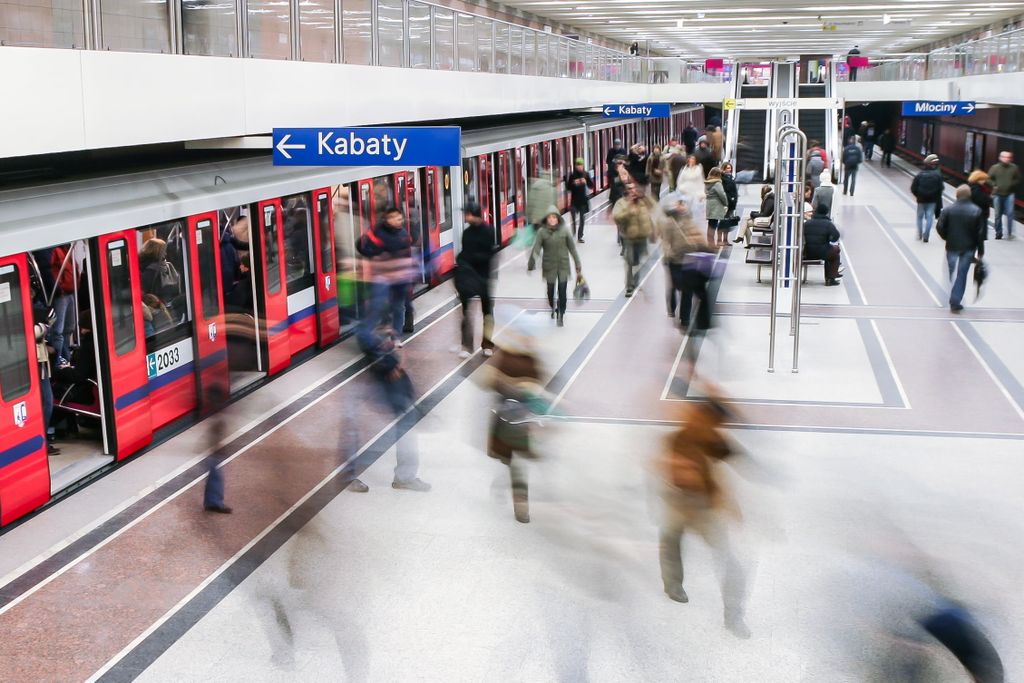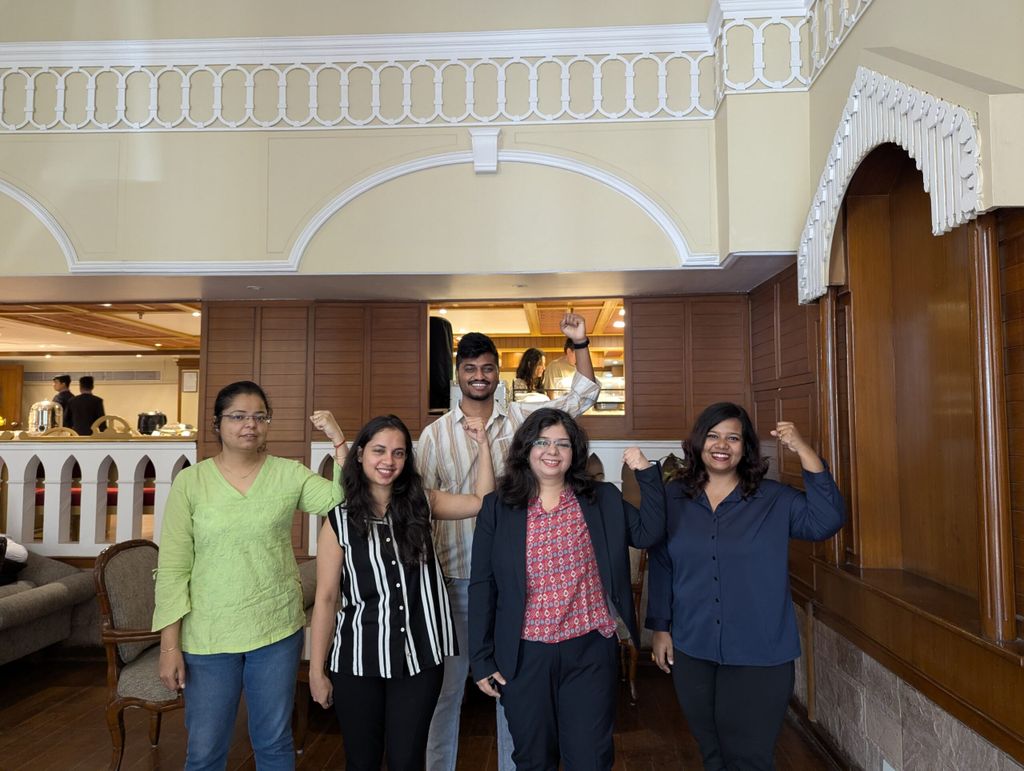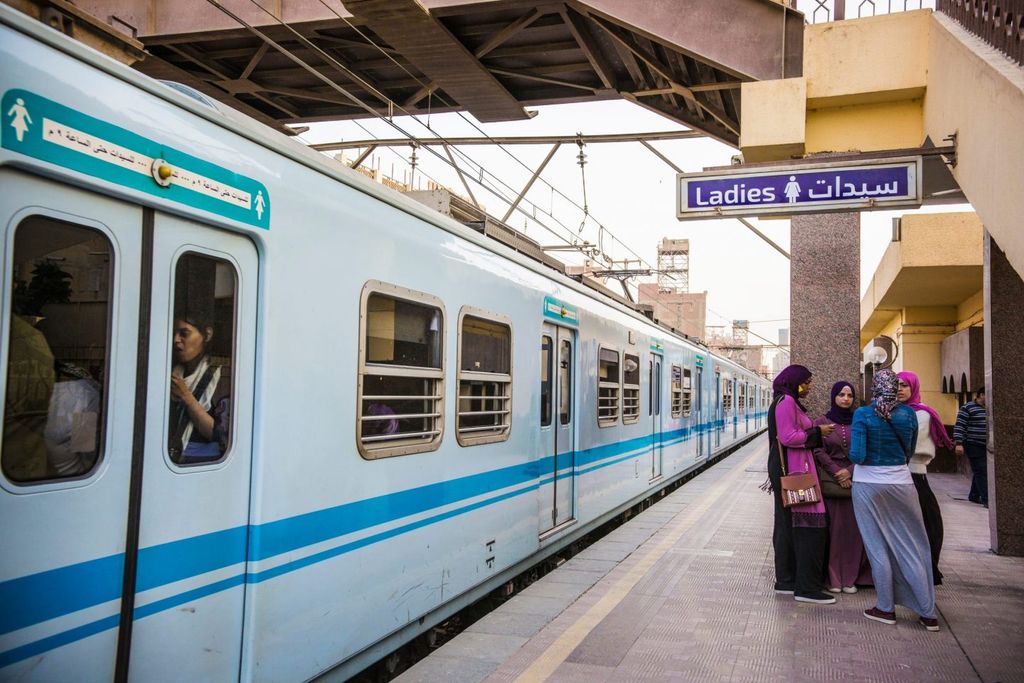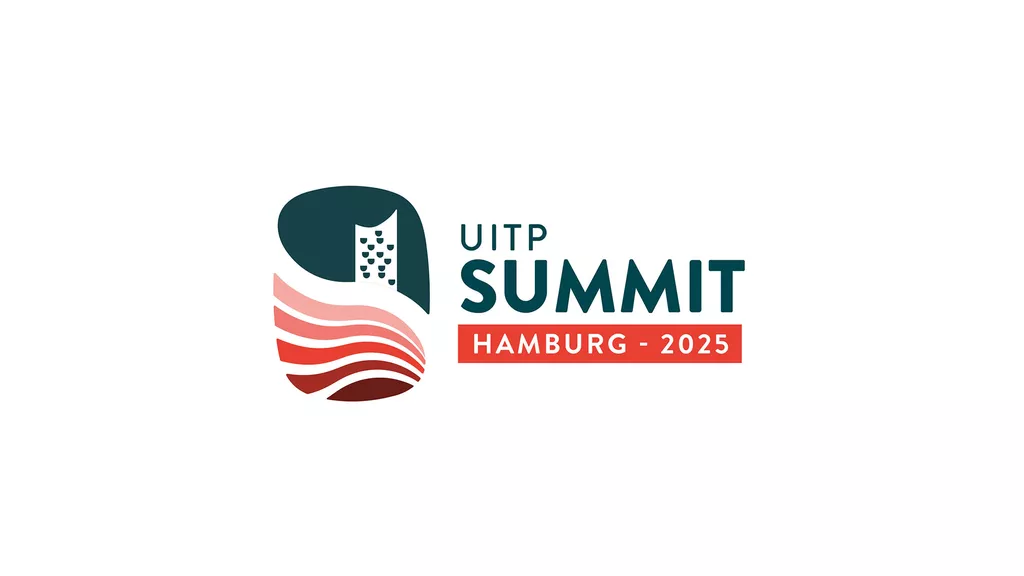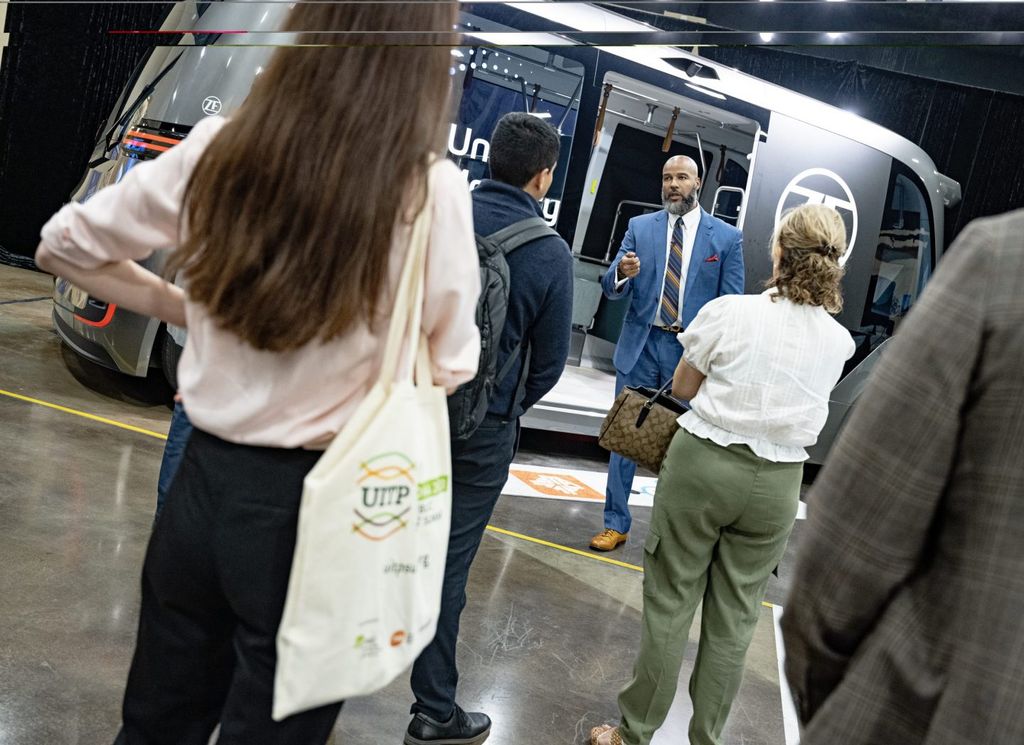
Public transport in North America
the 2023 UITP North America Forum
UITP (International Association of Public Transport) has successfully organized 6th edition of UITP North America Forum in Jacksonville, Florida. The event was hosted by Jacksonville Transportation Authority (JTA) and received good response from the participants. More than 35 speakers and 150 delegates participated around the world and discussed important issues from increasing ridership to innovation.
The event was attended by representatives from FTA (Federal Transit Administration) and many CEOs from different transit agencies in the US including Chicago, Denver, Columbus, Indianapolis, Cincinnati, Northern San Diego County and many other senior executives. The delegates also got the opportunity to visit the JTA flagship Test and Learn Center. JTA has launched Ultimate Urban Circulator (U²C) program and will be launching its first autonomous shuttle by 2025. The project highlights the importance of autonomous shuttles in low density areas.
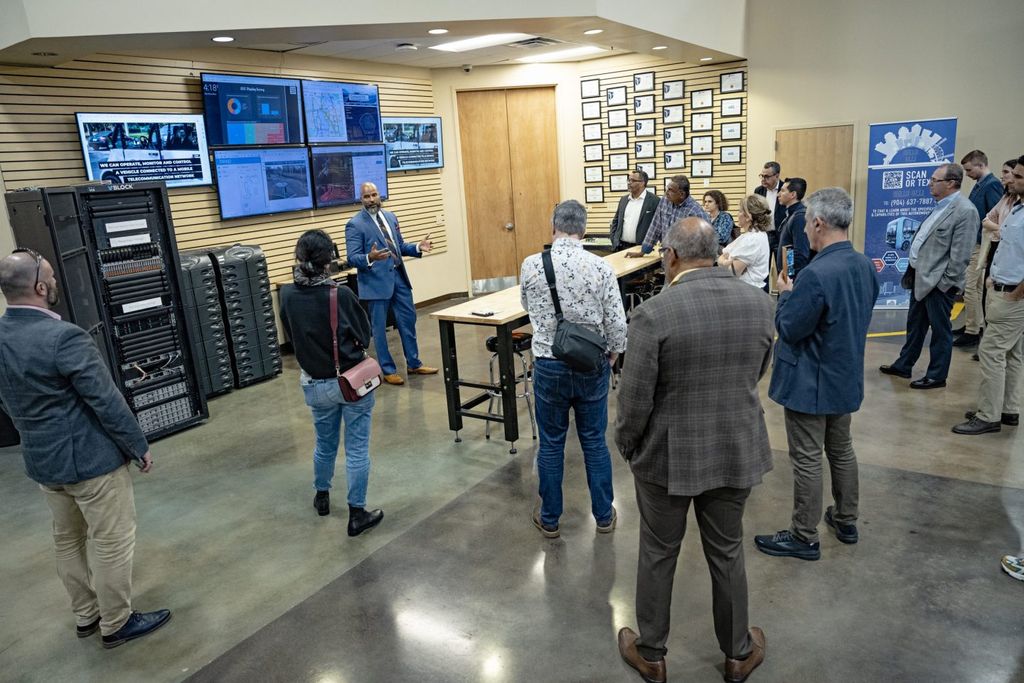
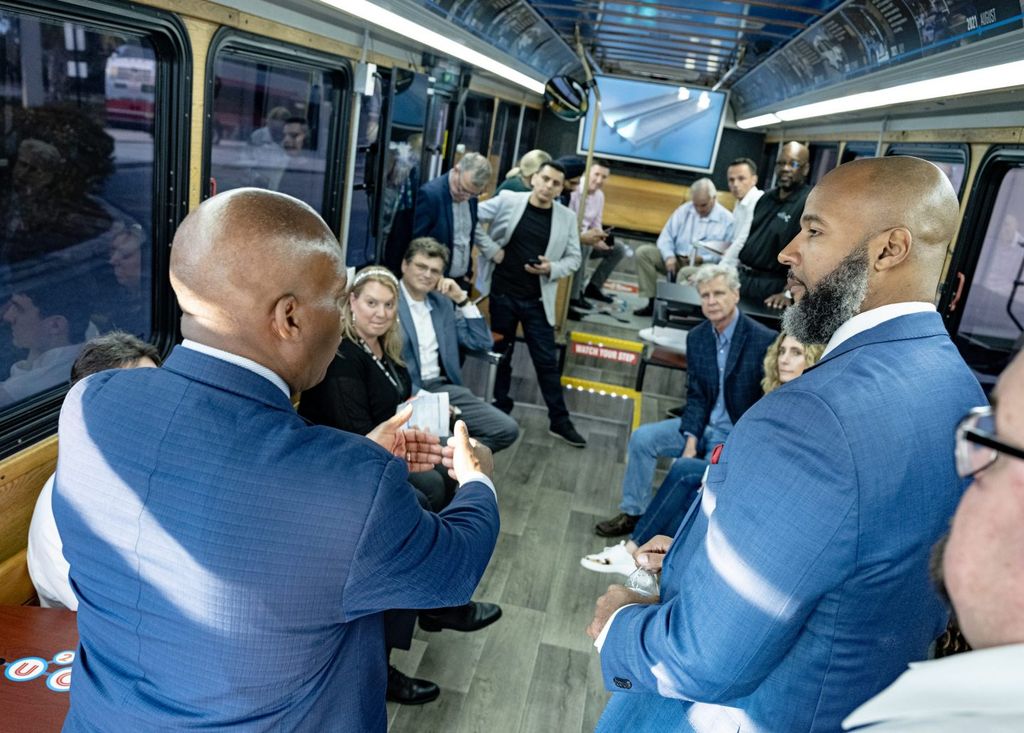
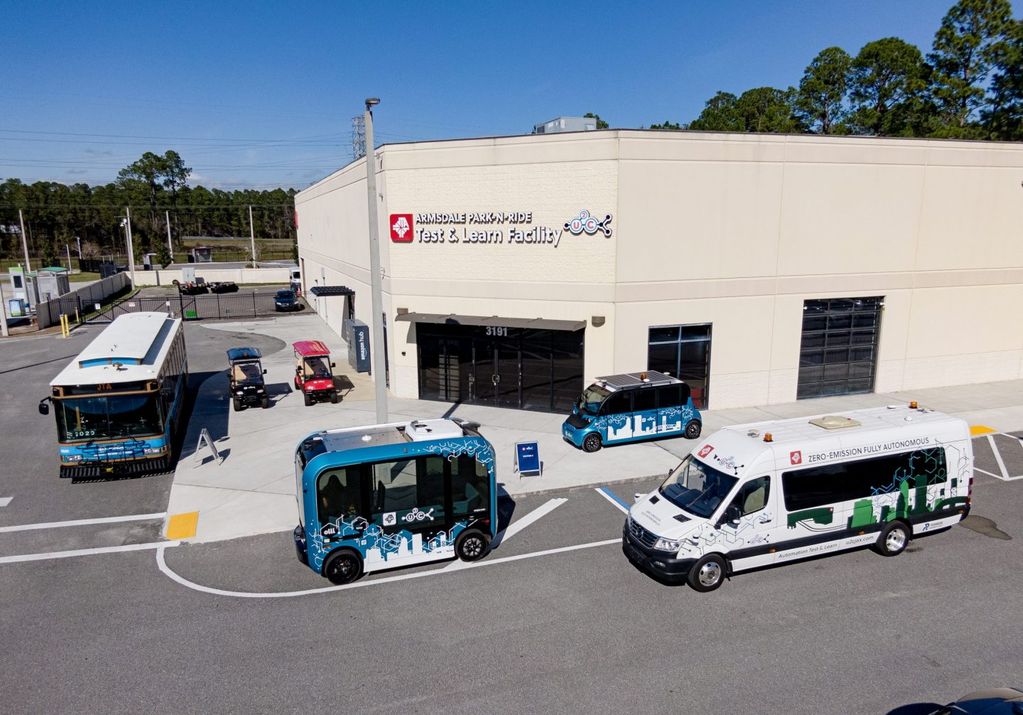
Cities across the globe are facing similar challenges so it is important to learn from each other. We must highlight the benefits of public transport to combat climate change and make cities more liveable. Owing to low ridership, many cities are planning to reduce their services. However, service reduction will lead to further ridership reduction and cause a vicious cycle. On the other hand, many cities including Cincinnati did not reduce the service during pandemic. In fact, it is planning to increase the service on many routes. This will help to retain existing customers and attract new riders.
The experts also highlighted the importance of human-centric approach while building new infrastructure and planning services. Transit agencies should focus on the entire passenger experience, including first and last mile connectivity, accessibility, station design and service delivery. Stations are more than transit points. They are people hubs. Thus, transit agencies need to invest in station, and passenger and employee facilities.
Cities are for people and should be the centre of any solution – like on-demand mobility, ticketing, MaaS (Mobility as a Service). Public transit should not compete with new mobility. The two should complement each other. The experts emphasised that cities should not underestimate the power of commercial speed. By increasing commercial speed of public transit, the agencies can improve customer satisfaction but can also reduce capital and operation cost. Thus, there should be more investment in initiatives that speed up transport services like dedicated lanes and transit signal priorities.
The light rail renaissance
Many cities in the US are constructing and expanding light rail system. New innovations like autonomous trains, intersection management, new train design, digital twinning and connectivity (V2X) saw prominent attention.
Every three years UITP publishes the Global Tram and Light Rail Statistics covering all the around 400 cities where LRT systems are available, to share the worldwide landscape. The publication includes exhaustive data on a series of key indicators, including ridership, number of lines, network length, number of stops and fleet size. The next edition will be published in the first quarter of 2023.
Electrification and zero emission busses are not choice anymore. In January 2023, FTA issued a Notice of Funding Opportunity (NOFO) for grants of $1.7 billion for zero-emission buses and bus facilities, supporting 150 projects for people and communities in 48 states and territories. However, the induction of electric buses is complex and cities need to follow a systems approach to achieve success. Different transit agencies shared their experience with zero-emission buses. UITP experts shared the global experience of implementing large fleets of electric buses.
Technology should be used as a tool to improve operational efficiency and drive cost down. The experts shared how automation and preventive maintenance practices are tools to do more with less. It is important to learn from global peers the best practices to improve vehicle uptime and efficiency. However, digitalization is creating new challenges for transit agencies. Cybersecurity is an emerging threat that needs urgent attention. Working with peers and experts can help to tackle this challenge.
UITP and APTA Partnership
UITP also renewed its partnership with APTA (American Public Transportation Association) and signed an MOU (Memorandum of Understanding) to collaborate on various key issues. Dorval R. Carter, Jr., President, and Paul Skoutelas, CEO of APTA and Mohamed Mezghani*, Secretary General, UITP signed the agreement. The MoU clearly shows great opportunities for exchanging best practices and collaborating on common interest topics.
UITP was instrumental in organizing a special peer review meeting for the JTA Commuter Rail project to share the feedback on JTA’s plan to build commuter rail services to connect other cities. More than 30 experts from North America brainstormed with the team. Nat Ford, CEO, JTA shared the plan and vision of the city to build a more liveable and sustainable region.
Contact
UITP

UITP

exclusive resources

